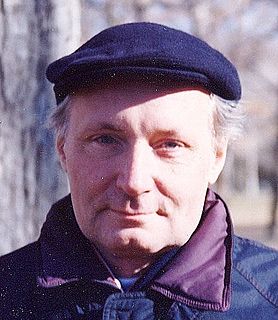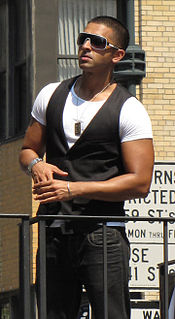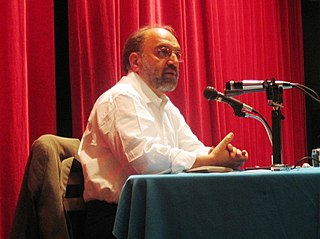A Quote by Eugen Drewermann
In my eyes, concepts of theology have only as much value as they are able to interpret experience. It seems to me that we have long reached the point where we theologians only talk to ourselves and debate with our own history of concepts.
Related Quotes
The experimentalists think that we can only get at our concepts by way of empirical investigation, while the armchair philosophers think that we can skip the experiments and figure things out from our armchairs. What they have in common, however, is regarding our concepts as the targets of philosophical theorising, and I just don't think that, in the vast majority of cases, the subject matter of philosophy has our concepts as its target.
The Most Secret Quintessence of Life is an original work filled with rich, new research, relying on important primary literature which has not, until now, been plumbed and digested. In this book, Chandak Sengoopta offers both a history of hormone discovery and a chronicle of how this discovery transformed our concepts of the body and how our existing concepts of sex and sexuality, in turn, informed our concepts for understanding hormones.
We have reached a point where the value we do add to our economy is now being outweighed by the value we are removing, not only from future generations in terms of diminished resources, but from ourselves in terms of unlivable cities, deadening jobs, deteriorating health, and rising crime. In biological terms, we have become a parasite and are devouring our host.
Every morning I'd have coffee with my wife and we would discuss ideas. Sixty percent of what I did for the stores was concepts. The other forty percent was correcting and cleaning up other concepts in house, or doing final art on my concepts. Most of my concepts were so finished they could turn them over to somebody else.






































